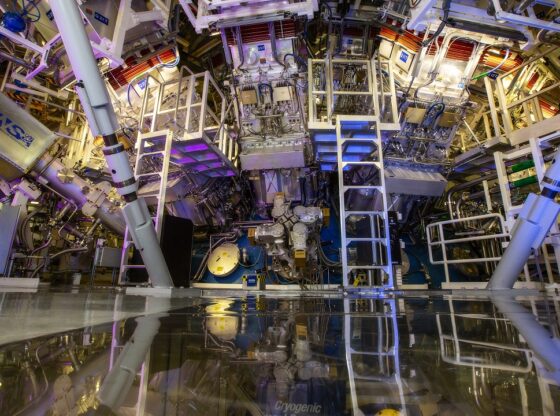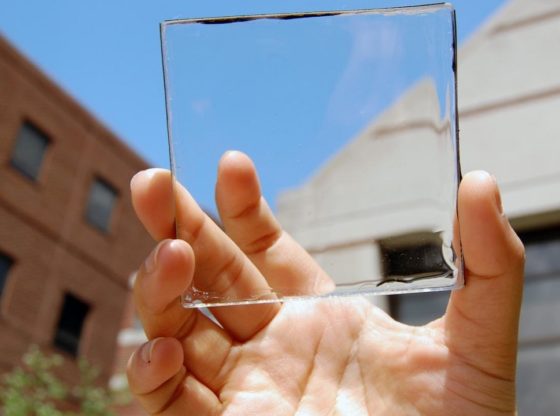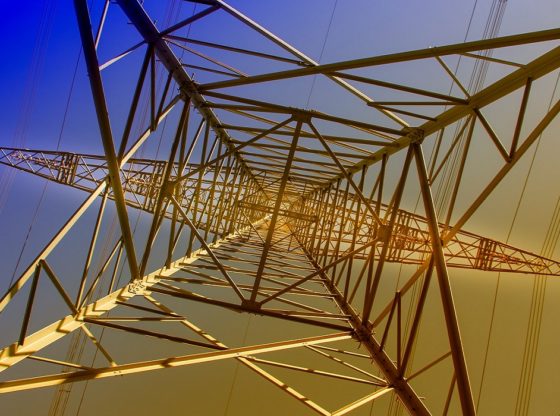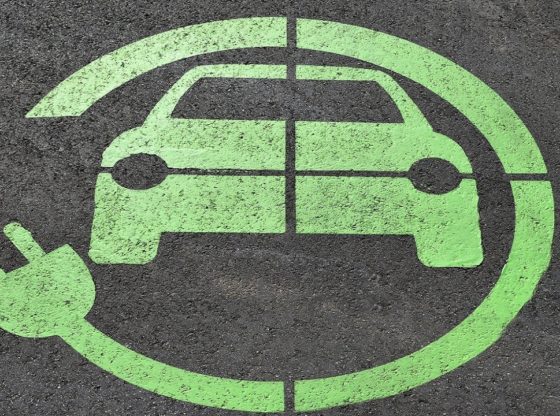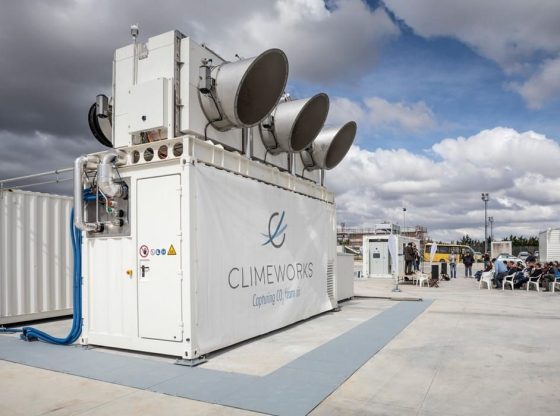
An electric car with over 800-kilometers (500 miles) range with batteries that can be fully charged in one minute. Short range and long charging times for electric cars are a thing of the past in the future, according to the company Fisker that has applied for a patent for a new type of battery technology.
Progress in battery technology has been tangible in recent years. The capacity of battery cells continues to increase while the price is decreasing. This trend has progressed much faster than most analysts would have dared to predict just a few years ago.
Earlier this fall, Toshiba received a lot of attention for its batteries with “ultra-fast” charging technology. But it seems that the Japanese company’s technology wouldn’t pass for ‘ultra-fast’ in comparison to what Fisker is brewing.
Fisker is the niche company that went “all in” almost 10 years ago on the luxury car market. Their Karma was a plug-in hybrid that rivaled Tesla’s Model S. Although it’s hardly necessary to mention which car that ended up victorious in that battle. Fisker went bankrupt and its technology is now owned by the Chinese car conglomerate Wanxiang Group – but the car brand still exists.
In a press release, Fisker informs that they have a new revolutionary technology in development. The information is very scarce, but the company reveals that their new energy storage technology would mean that they can build solid-state batteries and pack them even closer than what is possible today. The result should be better conductivity, which means that the batteries work better in cold climates and that they will be able to load a lot faster. With an energy density of more than 2.5 times higher than corresponding lithium-ion batteries.
These batteries should be able to charge more quickly than it takes to fill up your regular fossil-driven car with gasoline. They would provide enough power for a range of more than 800 kilometers (500 miles). In addition, the price should be only one-third of what lithium-ion batteries cost today.
It may sound too good to be true and it remains to be seen if the company really delivers what they claim. But with one important caveat, according to the company, the technology will not be available on the market until 2023.

